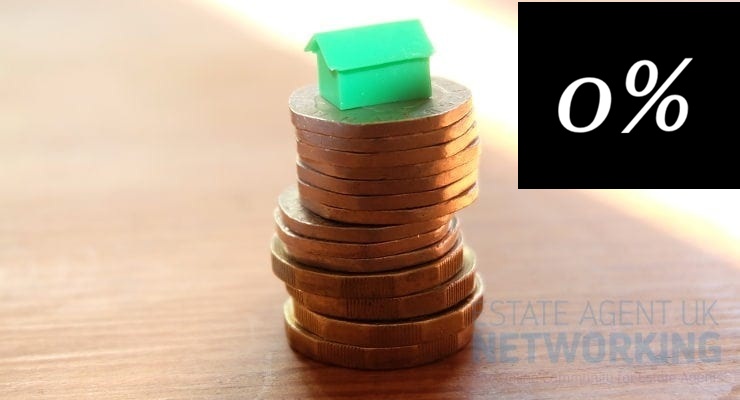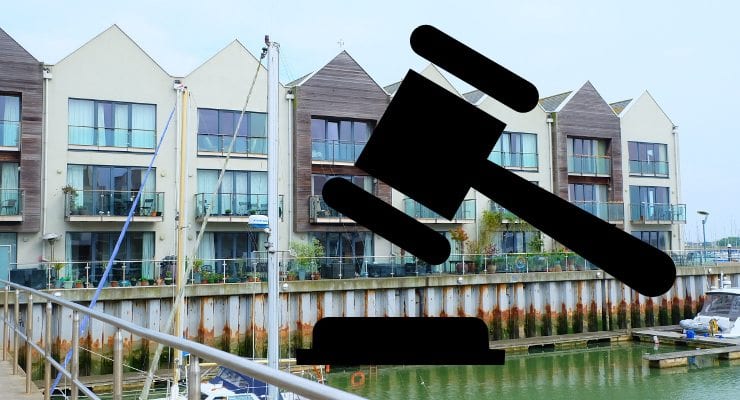Buying A House & Land Package: An Easy Guide For Buyers
Whether you’re buying it as your home or as an investment property, a house and land combo have many appealing features and advantages. There are several misunderstandings around this particular property type. You need to be aware of multiple details before you purchase a house and land bundle, from “price baiting” to “2-part contracts.”
What Is A House And Land Package?
You can buy a plot inside a land estate to put a house on. You can choose to do this “DIY,” where you first buy the land then choose a home and builder, as well as any other features you’d want to require.
The alternative is to purchase a house with land package, which often includes everything from the land to the house. Buying a house and land package differs from buying an apartment or condo off-the-plan. In these situations, you would sign one contract, give a deposit, and then, a few years later, when your apartment finalizes, you pay the remaining cost and finalize the deal.
It is a two-part contract for a house and land. With a 10% down payment, the initial contract is to buy land from the property developer. The second contract is to purchase the house from the builder; typically, it requires a 5% deposit.
The developer and builder are typically two distinct organizations. Your builder will adhere to the design guidelines that the developer will supply. Real estate law attorneys are also essential to navigate contracts, regulations, and potential disputes.
For first-time home purchasers and those upgrading, a house and land are popular options:
• First-time homebuyers may be eligible for government incentives when purchasing a house and land package, such as subsidies or reduced stamp duty costs.
• A common upgrade is leaving an apartment or townhouse for more space for an expanding family. As part of a diverse portfolio, it makes sense for investors to add properties with more land because the tenants are more likely to be families, especially young families.
How Long Does Acquiring And Building A Home And Land Take?
Your land can be “buy and build” ready, depending on the land estate. However, it’s common for a delay of six months to two years between paying your deposit for a plot of land in an estate and developing all the necessary infrastructure.
The developer cannot register the land titles until the necessary infrastructure is in place. Only after registering your title can you settle, pay the remaining cost, and proceed to council approval and construction.
A combined loan is often a great option for both the land and the house. At land settlement, the rest of the land contract fee and stamp duty is due, and the bank will cast this portion from your approved loan amount.
The builder will send out an invoice after each stage of the construction once work has started. If applicable, you must pay your share before the bank releases its share of the financing for each progress payment.
Selecting The Ideal Home And Property
Fundamentals like a great location — close to transportation, shopping, educational opportunities, and other high-quality amenities — are key when looking for the greatest house and land package. Since there’s a family-friendly housing area, parks or playgrounds may also be important considerations.
While the location is crucial, it is quite feasible to discover two housing estates that are substantially different in terms of feel and quality right next to one another.
The best housing estates differ because they have suitable plans and established design standards. Some may charge an annual “community fee”; however, this money goes toward landscaping and gardens, making the community more attractive. The wonderful housing complex can draw owner-occupiers.
Significant considerations to watch out for are:
1. Is the house and land package all-inclusive, or are you being caught out by ‘bait advertising’?
2. Is the land suitable for “buy and build”, or will there be a delay before you can settle it and begin building?
3. Following the settlement of your land, when will your builder start work and for how long?
4. Some builders don’t include levelling in the price, so be ready and know if the land you buy needs it.
5. The general operation of build pricing is difficult to comprehend. There could be a fee for services that aren’t immediately apparent.
6. Remember that you will begin paying your land mortgage as soon as you settle your land, and you will also be paying interest on this as you pay each stage of the build costs.
7. Assess the developer and the products they have made. Visit their other estates to observe the calibre of their work. Find out more about your builder through researching. You may use this information as assistance in choosing.
Conclusion
Hopefully, you find the content useful and understandable. If you’d like to learn more about house and land packages recommendations, get in touch with a trustworthy professional.









